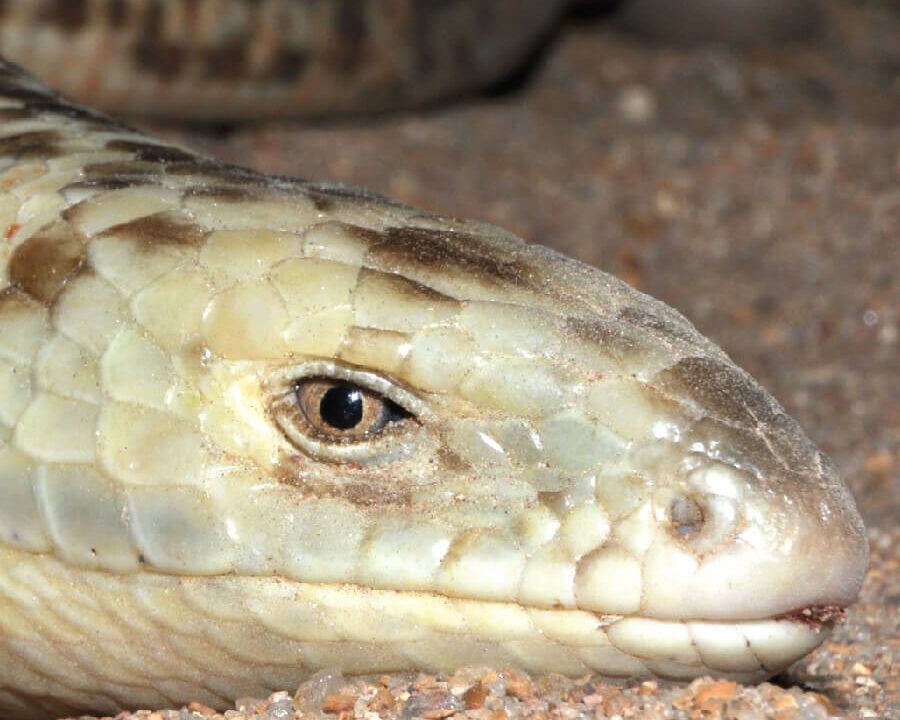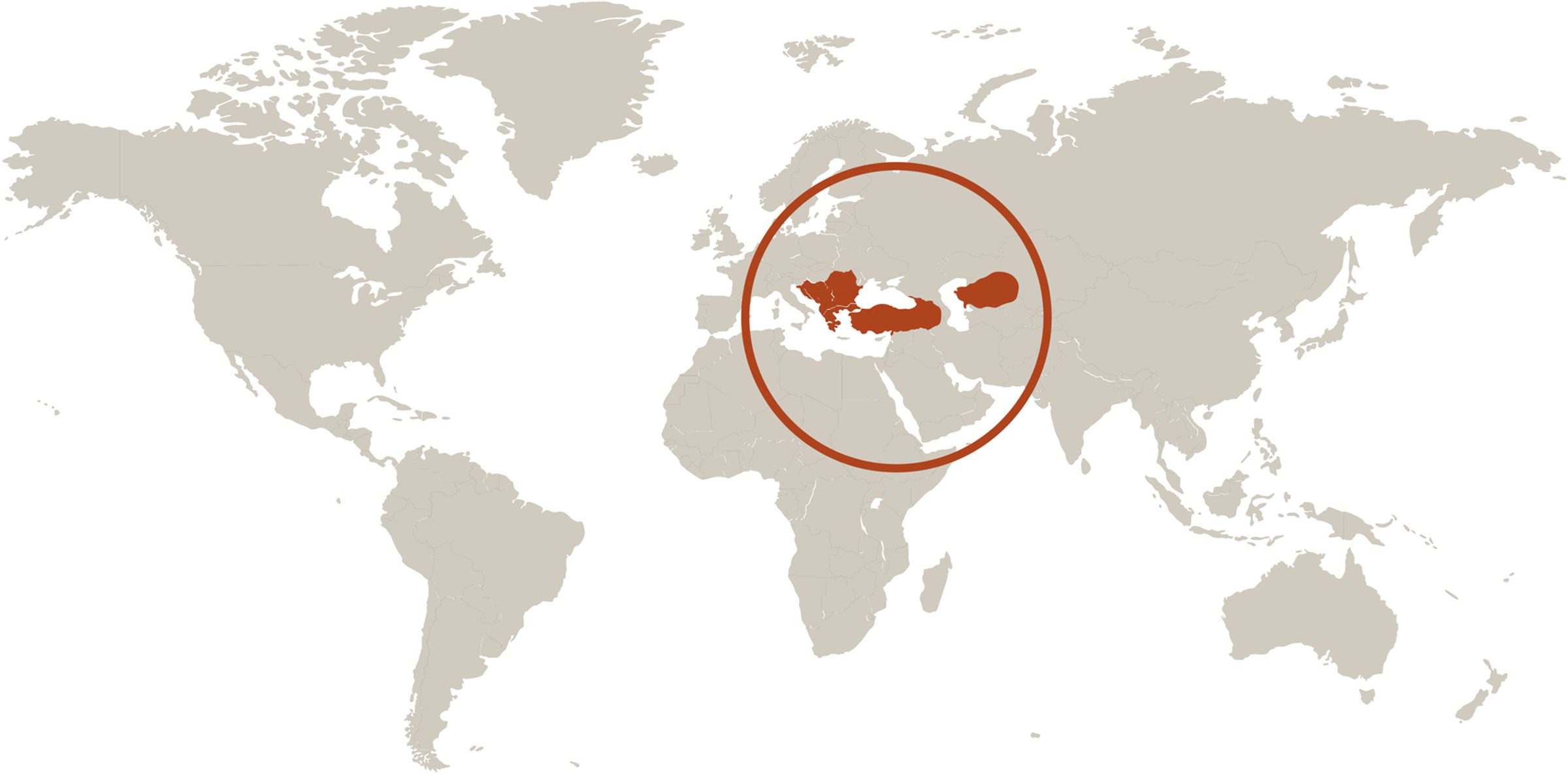
Scheltopusik
Pseudopus apodus
Did you know?
- They are also know as glass lizards.
- They like to eat snails, small mice and insects.
- The incubation period for a female is about six weeks, and an average clutch size is six to 12 eggs.
- These lizards are active at dusk and before dawn.
- They are able to swim and climb trees when needed.
Legless Lizards
If you thought this was a snake, guess again. It is a legless lizard! You can tell it apart from a snake by its ear openings and eyelids, neither of which are found in snakes. Legless lizards are found in many parts of the world. Adults are usually uniform in color, from a light yellow to a dark brown. Newly hatched young are vividly marked.
Not Alone
Scheltopusik are a legless lizard species native to Europe and Asia but legless lizards are actually common and widespread across the globe. Leglessness has evolved multiples times across different groups of lizards, including species here in Missouri and even legless geckos in Australia. These amazing animals may look like snakes but deep down are lizards all the way through.
Threat Level
- Unknown
- Common
- Near Threatened
- Threatened
- Endangered
- Critically Endangered
- Extinct in the Wild
No listed by IUCN
This means that conservation status is uknown at this time.
Range
Eastern Europe to Central Asia
Habitat
Brushlands to open forests

We care about scheltopusiks
The Zoo supports scheltopusiks at the Charles H. Hoessle Herpetarium. Learn more about how we are helping wildlife around the world.
Find this animal in Historic Hill

SAINT LOUIS ZOO ZONE
Historic Hill
Historic Hill is a lovely stroll through one of the oldest parts of the Saint Louis Zoo. From the 1904 World’s Fair Flight Cage to the Spanish architectural flavor of the 1920s in the Bird House, Primate House and Herpetarium to the finishing touches of our thoroughly modern exhibits, this area of the Zoo has a unique ambiance and a nostalgic history that make it a great destination.

